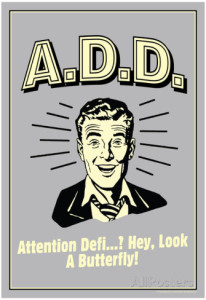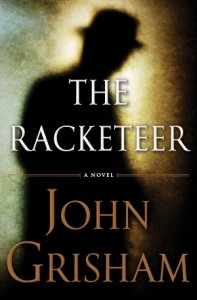 I find little in life more enjoyable than discovering something new, a character, a world, a scene. I love watching how things develop as I discover write them. I’m what they call a Pantser. I wrote of my writing disorder a couple months ago in A Pantser’s Plight.
I find little in life more enjoyable than discovering something new, a character, a world, a scene. I love watching how things develop as I discover write them. I’m what they call a Pantser. I wrote of my writing disorder a couple months ago in A Pantser’s Plight.
In one of David Farland‘s workshops he said something to the effect that discovery writing was to him the most enjoyable and the least productive. I have found that to be true. So I’ve worked hard to develop a plot, outline the direction, but I still discovery write the scenes. I’m finding that the story develops and takes life.
Just this past month I wrote a scene that I had loosely outlined for my protagonist who started a new job on Wall Street. As the scene unfolded, a cute red-headed receptionist entered the mix. And suddenly my protagonist took interest and next thing I know they’re digging on each other. I did not see that coming in my outline but it works nicely.
I developed two other characters who, according to my outline, were scheduled to be killed later on in the story. These characters have grown and become significant in the story. I’ve used them to bridge plot gaps and deepen side plots. Now I’m not sure I want to kill them off. I probably still will, but I could see some spin off stories developing, so I’m going to keep discovering where it goes.
This last month I’ve written about 30,000 words on the same book. I haven’t touched anything else. Not the two short stories, brewing in the back of my brain. Not the other three novels half finished. This is pretty significant for me and I wanted to share my newly acquired trick to stay focused.
The Problems
First, as I mention earlier, I get really excited about discovering something new and tend to lose interest in something that I’ve already figured out in my mind though I haven’t written it yet. This usually leads me to ping-ponging from project to project but never finishing anything.
Second, squirrel. I get easily pulled onto something else more exciting and I have a hard time focusing my mind on what it doesn’t want to focus on.
Third, sometimes I discover write my characters into a situation that just doesn’t work with the rest of the story and I get stumped. And sometimes my characters get into a situation they just can’t get out of.
The Solutions
First, I do a light outline to give myself direction. And I try not to over develop. When I do, it usually becomes cliche or boring.
Second, I noticed awhile ago that whatever book or movie or television show I was into would effect which of my projects my brain thought important at the moment. So, as I’m writing a financial thriller, I’ve tricked my brain to staying focused on this book by reading two John Grisham books, watching shows like Better Call Saul and movies like Wall Street. And more importantly I won’t let myself read or watch anything science fiction or fantasy related. It’s working quite well.
Third, I used to revere what my brain discovered as sacred. I credited inspiration. But I’m learning now that sometimes it’s crap and I need to chuck it out the window. I hated rewriting a scene that I had already thought out a different way and I still don’t enjoy it, but the end result makes it worth it. Sometimes I’ve got to suck it up and push through.
Funny thing, writing this post has gotten me excited to discover more on this particular project. It’s called Unknown Soldier and if I can keep it up, I’ll finish it in a couple more months.
 I live in Arizona with my family, wife and five kids and a little dog. I write fiction, thrillers and soft sci-fi with a little short horror on the side. I’ve got an MBA and work in finance for a biotechnology firm.
I live in Arizona with my family, wife and five kids and a little dog. I write fiction, thrillers and soft sci-fi with a little short horror on the side. I’ve got an MBA and work in finance for a biotechnology firm.
I volunteer with the Boy Scouts, play and write music, and enjoy everything outdoors. I’m also a novice photographer.
You can visit my author website at www.jacekillan.com, and you can read some of my works by visiting my Wattpad page.

